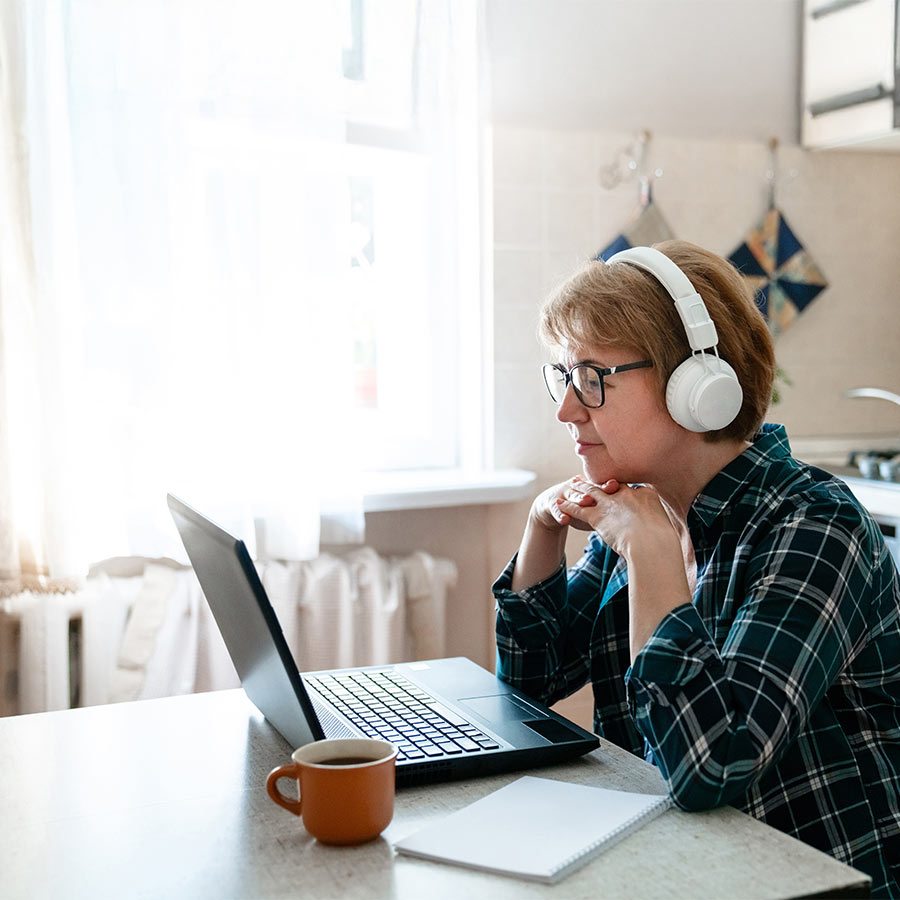Struggling emotionally at this time can happen to anyone. It is not your fault. Asking for help doesn’t mean you can’t cope or are not able to care for your child. It’s the start of getting the right help and support to ensure you can be the parent you want to be. It is very rare for babies to be taken away from parents, so you should not worry about this. Talking Therapies offers short-term treatment to give you space to talk. These may include guided self-help sessions with a therapist, cognitive behaviour therapy, couples therapy and counselling.
Information & Guidance
Access our Health Hub
Long Term Condition
People living with Long Term Conditions (LTC’s) are more likely to experience mental symptoms due to their physical symptoms causing anxiety, worry, overthinking and avoidance.
Related Articles

Flooding and Mental Health: What You Need to Know
Flooding affects more than homes. Learn practical steps to protect mental health and where to find support.

World Mental Health Day
Learn how Vita’s NHS Talking Therapies help manage anxiety, depression, stress & boost wellbeing.

What to remember when you’re feeling overwhelmed
If you’re feeling overwhelmed often it may be time to intervene.

The benefits of physical activity for mental health
The benefits of finding even small moments for movement in our everyday lives are great.


















